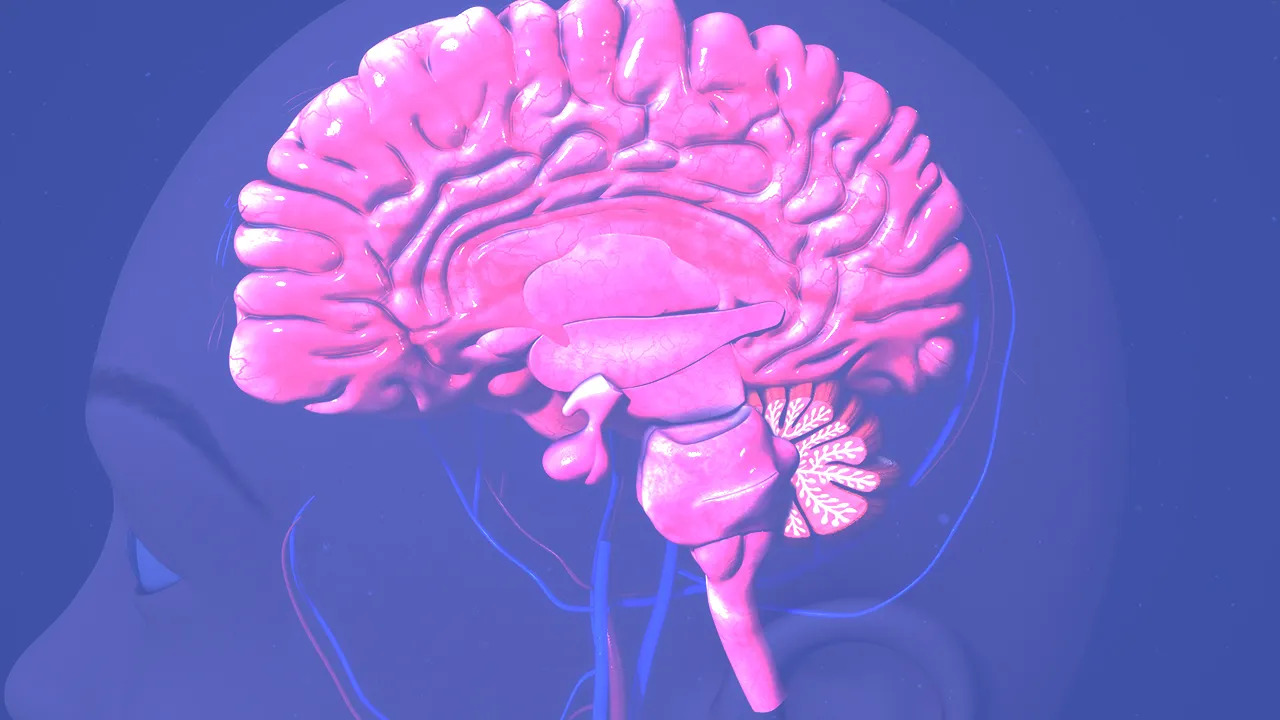Pituitary Adenoma
A pituitary adenoma is a type of tumor that develops in the pituitary gland, a small gland located at the base of the brain. The pituitary gland produces and regulates hormones that control various bodily functions, including growth, metabolism, and reproduction. Pituitary adenomas are usually benign, meaning they are not cancerous, but they can still cause significant health problems if left untreated.
Several types of pituitary adenomas are classified based on the type of hormone they produce. The most common types of pituitary adenomas include:
• Prolactinoma: This type of adenoma produces prolactin, a hormone that stimulates milk production in women. Prolactinomas are the most common type of pituitary adenoma, accounting for about 40% of all cases.
• Growth hormone-secreting adenoma: This type of adenoma produces growth hormone responsible for regulating growth and metabolism. These tumors can cause acromegaly, characterized by excessive growth of hands, feet, jaws and face.
• Adrenocorticotropic hormone-secreting adenoma: This type of adenoma produces adrenocorticotropic hormone (ACTH), which stimulates the adrenal glands to produce cortisol. Excessive cortisol production can cause Cushing’s syndrome, characterized by weight gain, high blood pressure, and diabetes.
• Thyroid-stimulating hormone-secreting adenoma This type of adenoma produces thyroid-stimulating hormone (TSH), which stimulates the thyroid gland to produce thyroid hormones. Excessive TSH production can cause hyperthyroidism, characterized by weight loss, rapid heartbeat, and anxiety.
The symptoms of pituitary adenomas depend on the type of hormone they produce and the tumor size. Some common symptoms of pituitary adenomas include:
• Headaches Pituitary adenomas: can cause headaches, which may be severe and persistent.
• Vision problems: large pituitary adenomas can press on the optic nerve, causing vision problems such as double vision or loss of peripheral vision.
• Hormonal imbalances: Pituitary adenomas can cause hormonal imbalances, which can lead to a variety of symptoms, such as weight gain, fatigue, and mood changes.
• Menstrual irregularities Prolactinomas: can cause menstrual irregularities in women, including missed periods and infertility.
• Growth abnormalities: Growth hormone-secreting adenomas can cause excessive growth in children and acromegaly in adults.
Pituitary adenomas are usually diagnosed through a combination of imaging tests and hormone-level tests. Imaging tests such as magnetic resonance imaging (MRI) or computed tomography (CT) scans can help identify the location and size of the tumor. Hormone-level tests can help identify the type of hormone the tumor produces.
The treatment of pituitary adenomas depends on the type of tumor and the severity of symptoms. Some common treatments for pituitary adenomas include:
• Medications: Medications such as dopamine agonists can be used to treat prolactinomas by reducing the production of prolactin. Other medications, such as somatostatin analogs, can treat growth hormone-secreting adenomas.
• Surgery: Surgery may be necessary to remove large or aggressive pituitary adenomas. The surgery is usually performed through the nose or the skull, and the tumor is removed using specialized instruments.
• Radiation: therapy Radiation therapy may treat pituitary adenomas that cannot be removed surgically. Radiation therapy uses high-energy radiation to destroy tumor cells.
Pituitary adenomas are a type of tumor that develops in the pituitary gland. They can cause various symptoms depending on the type of hormone they produce and the tumor size. Treatment options for pituitary adenomas include medications, surgery, and radiation therapy. Early diagnosis and treatment are essential for preventing complications and improving outcomes.

Comments are closed.